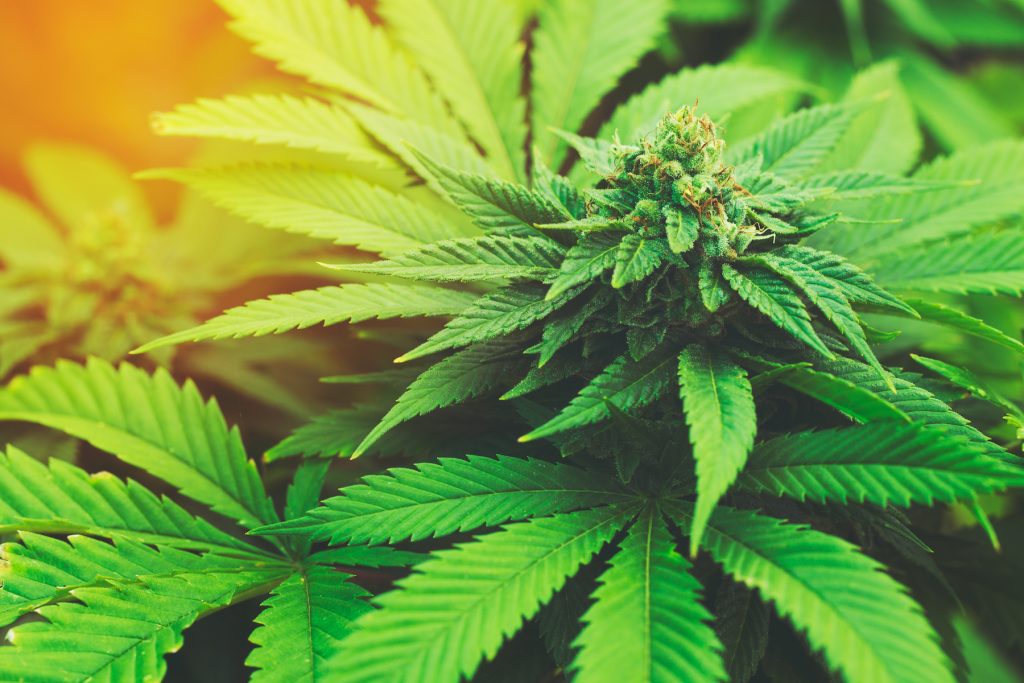As of October 17, 2018, cannabis is legal in Canada. The Cannabis Act ensures a strict legal framework for controlling the production, distribution, sale, and possession of cannabis. It is subject to provincial or territorial restrictions. In British Columbia , the legal age to possess or use cannabis is 19 years of age or older.
Legal cannabis products are available through authorized provincial or territorial retailers. In British Columbia, local, provincial and federal laws dictate how and where residents can purchase, distribute and legally use or consume cannabis.
The Cannabis Act
The Cannabis Act is intended to prevent youth from accessing cannabis and to attempt to displace the illegal cannabis market. It establishes rigid rules regarding age restrictions and access to quality-controlled cannabis, and implements a tightly regulated supply chain.
In B.C., the government restricts cannabis sales to government-run stores, licensed private retailers, and the B.C. government’s online store.
Adults who are 19 years of age or older are legally able to:
- possess a maximum of 30 grams of legal cannabis, in dried form, or the equivalent in non-dried form, in public.
- share a maximum of 30 grams of legal cannabis with other adults, 18 years of age or older in public.
- at home, residents can possess a maximum of one kilogram, which is based on the yield someone could expect to get from the four cannabis plants allowed in a household.
- purchase dried or fresh cannabis and cannabis oil from provincially-licensed retailers.
- residents in provinces or territories without a regulated retail framework are able to purchase cannabis online from federally-licensed producers.
- grow a maximum of 4 cannabis plants per residence for personal use from licensed seed or seedlings.
- make cannabis products, such as food and drinks, at home as long as organic solvents are not used to create concentrated products.
Other products, including edible products and concentrates, will be legal for sale approximately one year after the Cannabis Act has come into effect.
Possession, production, and distribution that does not abide by the laws outlined by The Cannabis Act remain illegal and are subject to criminal penalties ranging from ticketing up to a maximum penalty of 14 years imprisonment.
The Cannabis Act: Youth & Criminal Penalties
The Cannabis Act establishes serious criminal penalties for those who sell or provide cannabis to youth, as well as harsh penalties for those who use youth to commit a cannabis offence.
In order to protect the health and safety of underage residents, The Cannabis Act prohibits products that are appealing to youth including packaging, labelling or promoting cannabis to target and entice consumers under the legal age. It also prohibits selling cannabis through self-service displays or vending machines.
Medicinal Purposes
Patients authorized by their health care provider can access cannabis for medical purposes through the following ways:
- purchasing directly from a federally licensed seller.
- registering with Health Canada to produce a limited amount of cannabis for medical purposes.
- designating someone to produce it for them.
If you require cannabis for medicinal purpose, review the rules around medical use, governed by Health Canada.
Cannabis Impairment
Impaired driving is the leading cause of criminal death and injury in Canada. Cannabis-impaired driving may lead to the injury or death of you, your passengers and others. Drug-impaired driving has been a criminal offence since 1925. Under a new provincial law, the Cannabis Control and Licensing Act, passengers in vehicles aren’t allowed to use cannabis.
Although most effects may fade before the 24-hour mark, impairment can last for more than 24 hours after use. Cannabis impairs your judgement, affects your ability to react, and increases your chances of being in a collision.

